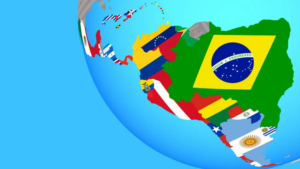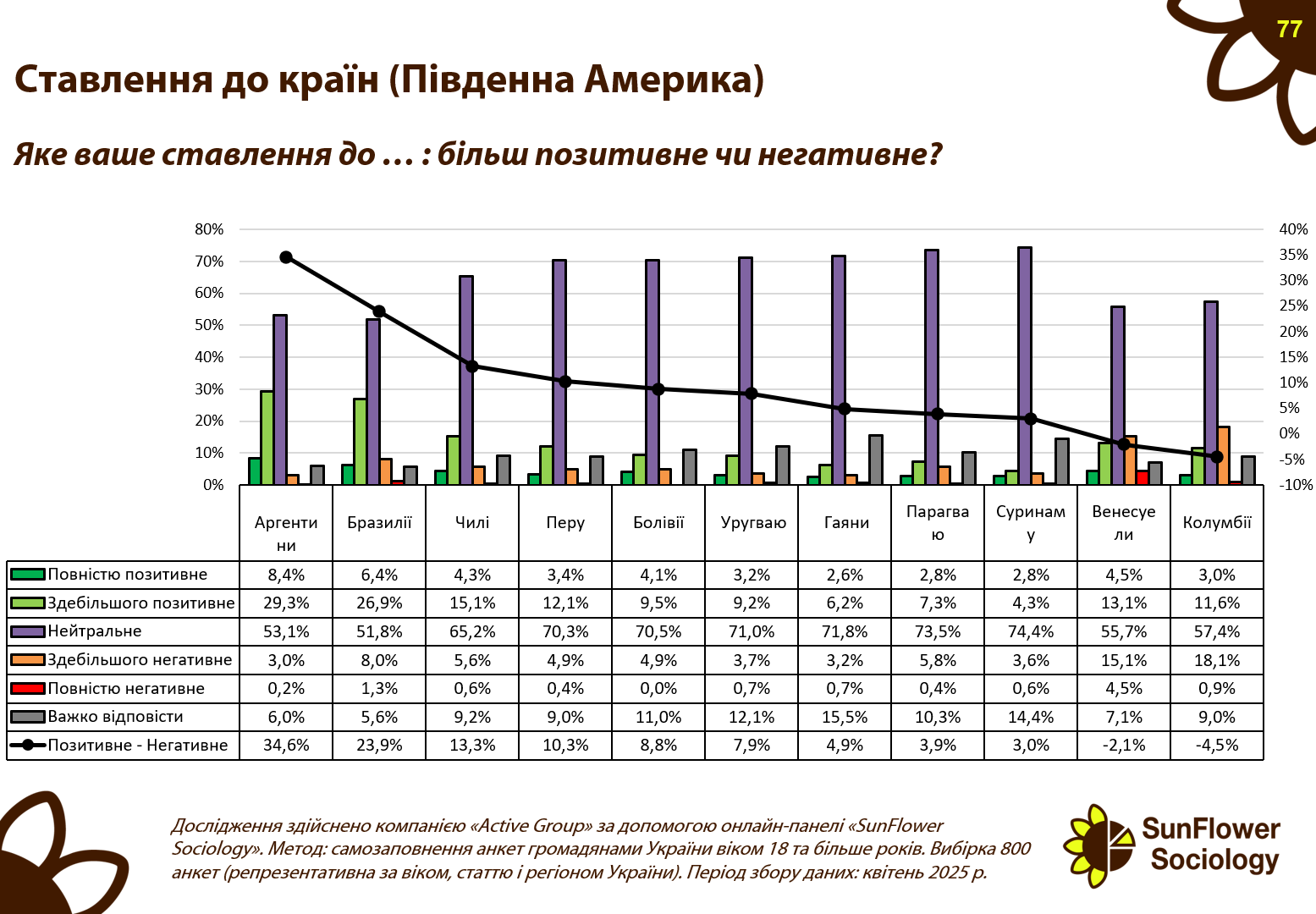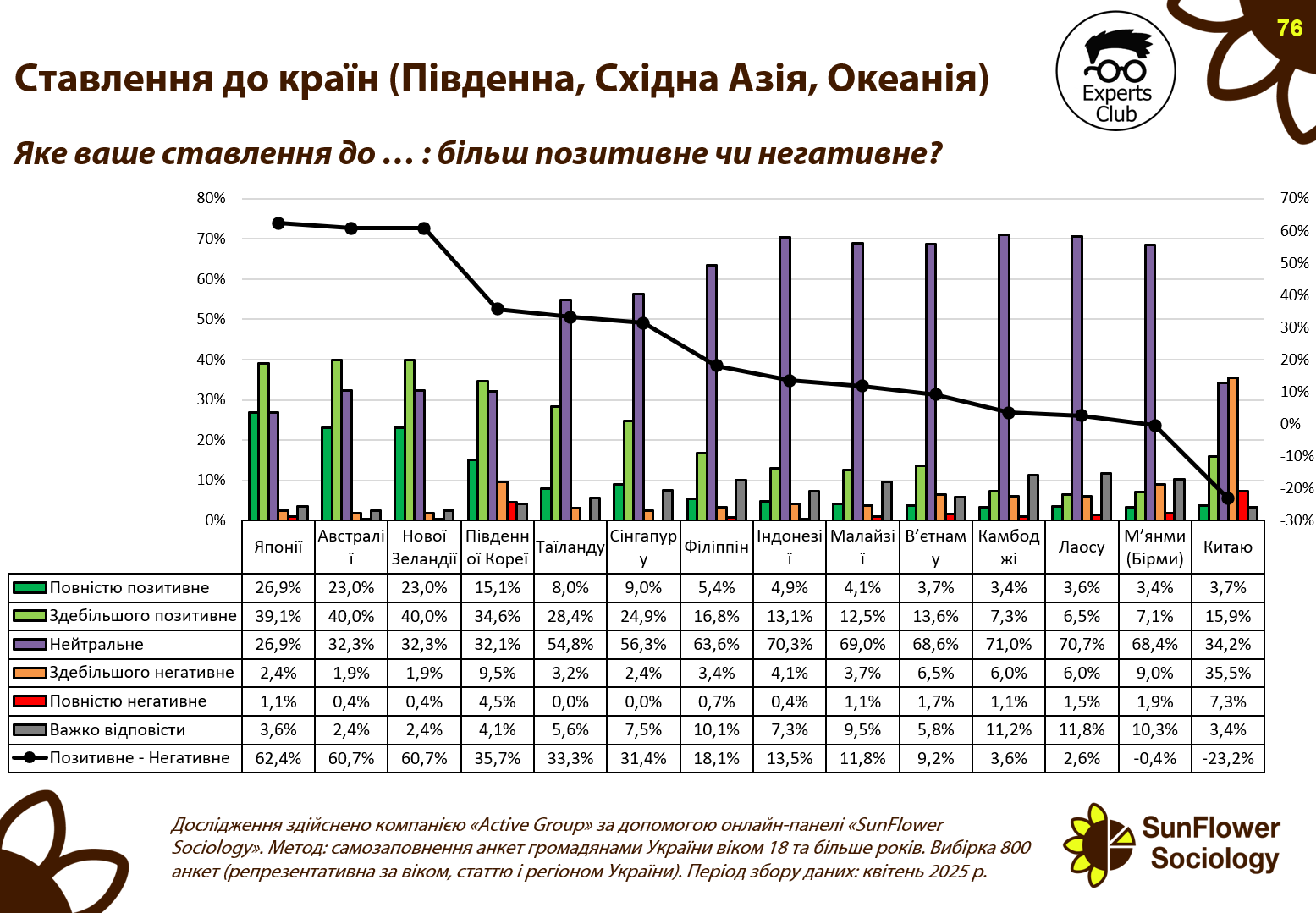
On May 23, 2025, US President Donald Trump announced his intention to impose a 50% tariff on all goods imported from the European Union starting June 1. This decision was explained by the lack of progress in trade negotiations and accusations of unfair trade policies on the part of the EU.
Trump stressed that the EU is “very difficult to do business with” and that the negotiations are “going nowhere.” He also noted that goods produced in the US will not be subject to the new tariffs.
In addition, Trump threatened to impose a 25% tariff on Apple products if the company does not move iPhone production to the US. This statement caused Apple shares to fall 3% in pre-market trading.
Analysts warn that the introduction of 50% tariffs could lead to a 1.7% decline in GDP in Germany and a 4% decline in Ireland over three years. European markets reacted with a decline: the Stoxx Europe 600 index fell 1.7%, and shares of exporters such as Stellantis and Deutsche Bank lost up to 4.6% in value.
The EU is considering retaliatory measures, including the introduction of tariffs on US goods worth up to €95 billion, including Boeing products, cars, and bourbon. Negotiations between EU and US representatives are continuing, but the prospect of a large-scale trade war is causing concern on both sides.
Thus, the measures announced by Trump could significantly exacerbate trade relations between the US and the EU, affecting global markets and the economy as a whole.

A survey conducted by Active Group in partnership with Experts Club found that among South American countries, Ukrainians have the highest level of sympathy for Argentina. According to data published in April 2025, 8.4% of respondents expressed a completely positive attitude toward this country, and another 29.3% expressed a mostly positive attitude. Thus, Argentina has the highest positive balance in the region — 34.6%.

Brazil came in second place in terms of support, with a total of 33.3% positive ratings (6.4% completely positive, 26.9% mostly positive) and a balance of 23.9%. Chile shows rather restrained sympathy: 4.3% of respondents were completely positive, 15.1% mostly positive, giving a balance of 13.3%. Peru, Bolivia, and Uruguay were at or slightly above 10% positive balance.
It is particularly noteworthy that for Bolivia this figure is 8.6%, despite a fairly high level of neutral attitudes — 70.5%.
The situation is much worse for Colombia, which has the lowest balance in the region — minus 4.5%. 18.1% of respondents expressed a mostly negative opinion, which significantly outweighs the total 14.6% of positive perceptions. Venezuela also has a negative balance of minus 2.1%, mainly due to political instability and negative associations in the media.
Most South American countries are perceived by Ukrainians as mostly neutral. In Paraguay, Suriname, Guyana, and Uruguay, the level of neutrality ranges from 71% to 74%. This indicates weak emotional contact and insufficient presence of these countries in Ukraine’s information space.
“Latin American countries remain largely outside the scope of active Ukrainian interest, which creates both challenges and opportunities. Where the level of neutrality is high, there is room for diplomacy, cultural exchange, and building a positive image,” comments Maxim Urakin, PhD in Economics and founder of Experts Club.

According to new sociological data published by Active Group in collaboration with Experts Club in April 2025, Ukrainian public opinion on South and East Asian countries and Oceania varies significantly. Japan, Australia, and New Zealand are in favor, while China and some countries in Southeast Asia show either a negative or neutral balance.

Japan received the highest positive rating among the countries in the region, with 62.4% of Ukrainians having a positive attitude towards it, including 26.9% who are completely positive and 39.1% who are mostly positive. It is followed by Australia and New Zealand with an identical net balance of 60.7%. In Australia, 23% of respondents chose the completely positive option, in New Zealand — the same, while more than 40% in each country gave a “mostly positive” rating.
South Korea, with 15.1% completely positive ratings and 34.6% mostly positive, has a respectable balance of 35.7%, although lower than the leaders. Thailand (36.4% positive perception) and Singapore (33.8%) also hold relatively high positions thanks to their stable image associated with tourism and development.
In contrast, countries such as Indonesia, Malaysia, Vietnam, Cambodia, Laos, and Myanmar are dominated by neutral assessments — over 60% — indicating limited awareness or an information vacuum. In all these countries, the positive balance does not exceed 10%.
Despite its economic weight, China has one of the worst images among Ukrainians in the region: 15.9% expressed a mostly positive opinion, but 35.5% rated China neutrally, and the negative balance was -23.2%. This reflects a certain distrust that has formed against the backdrop of geopolitical events and the information background.
“It is particularly interesting that even Ukraine’s economically important partners, such as China (its largest trading partner), receive low support ratings among Ukrainians. This indicates that Ukrainian society values moral support above real trade and does not recognize “neutrality” if it is not accompanied by humanitarian gestures,” comments Maxim Urakin, PhD in Economics and founder of Experts Club.
Thus, the results indicate that there is significant potential for countries in the region, particularly Southeast Asia, to improve their image in Ukraine through cultural diplomacy, tourism marketing, and economic cooperation.

On May 22, the State Customs Service of Ukraine announced a tender for compulsory motor third-party liability insurance services for owners of land vehicles (OSAGO). According to the Prozorro electronic public procurement system, the expected cost of the services is UAH 70,000. The deadline for submitting bids is May 30.
compulsory motor third-party liability insurance, CUSTOMS SERVICE, INSURER